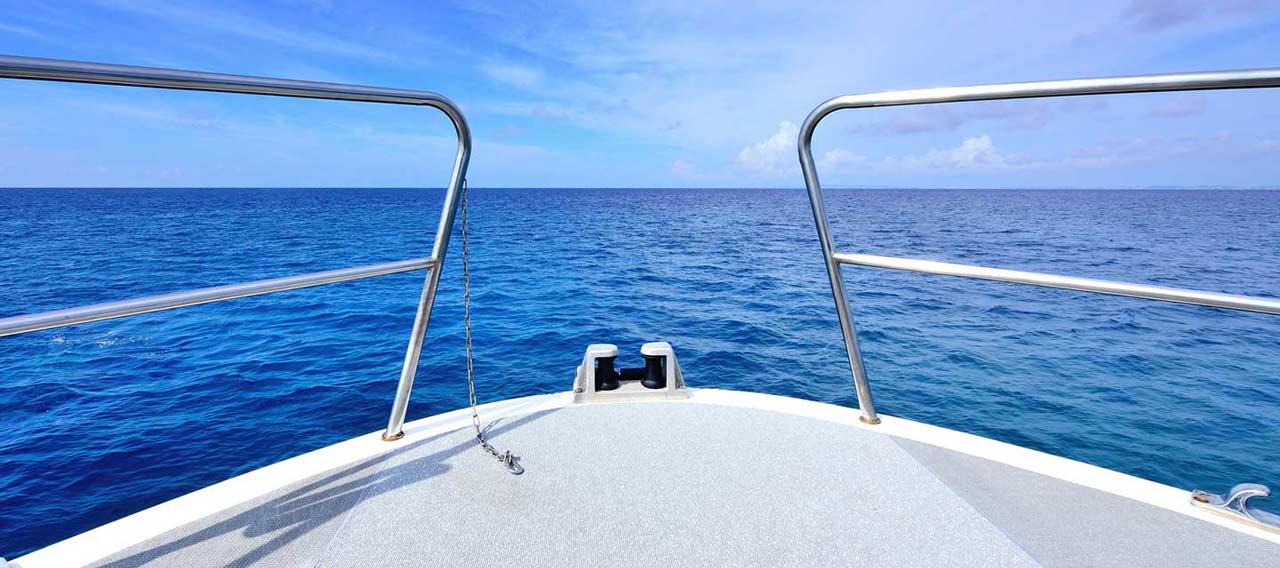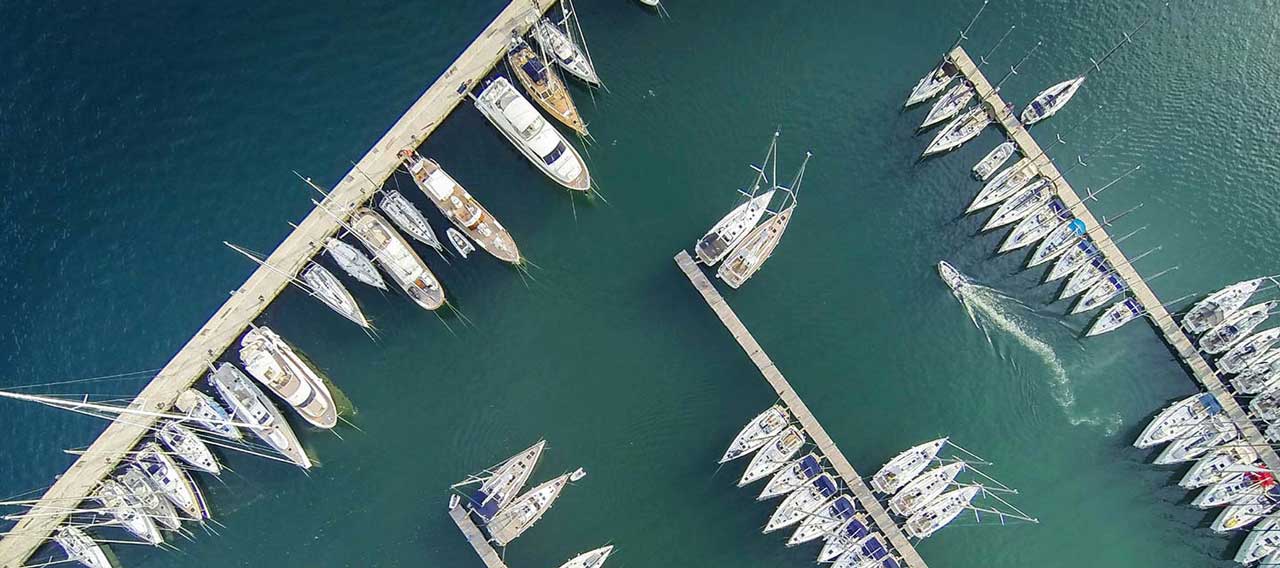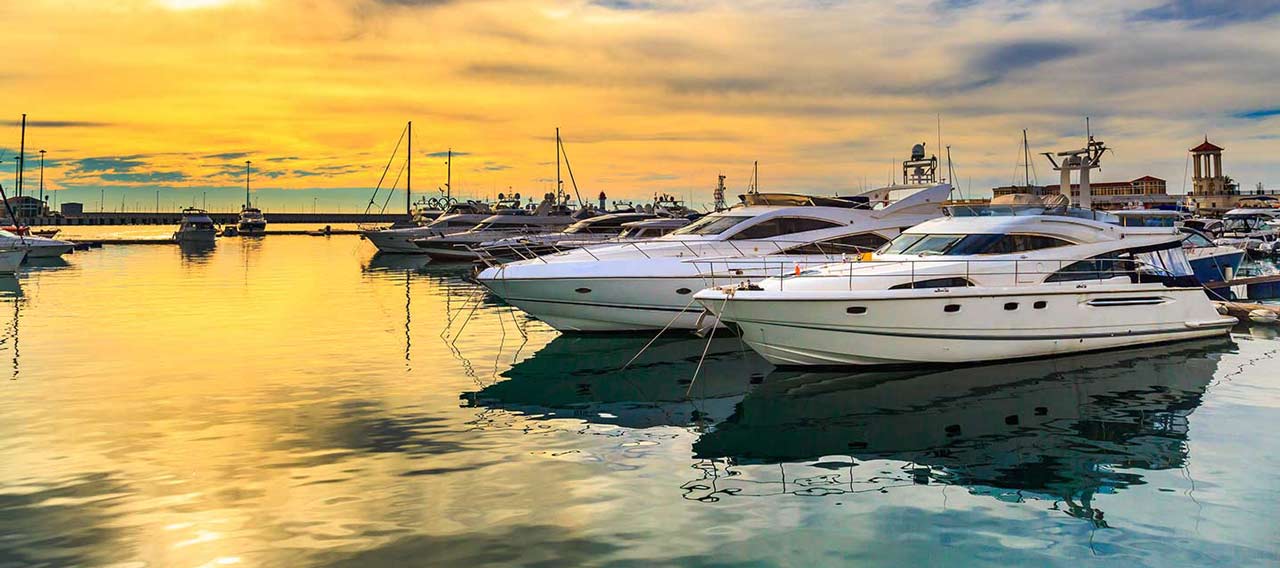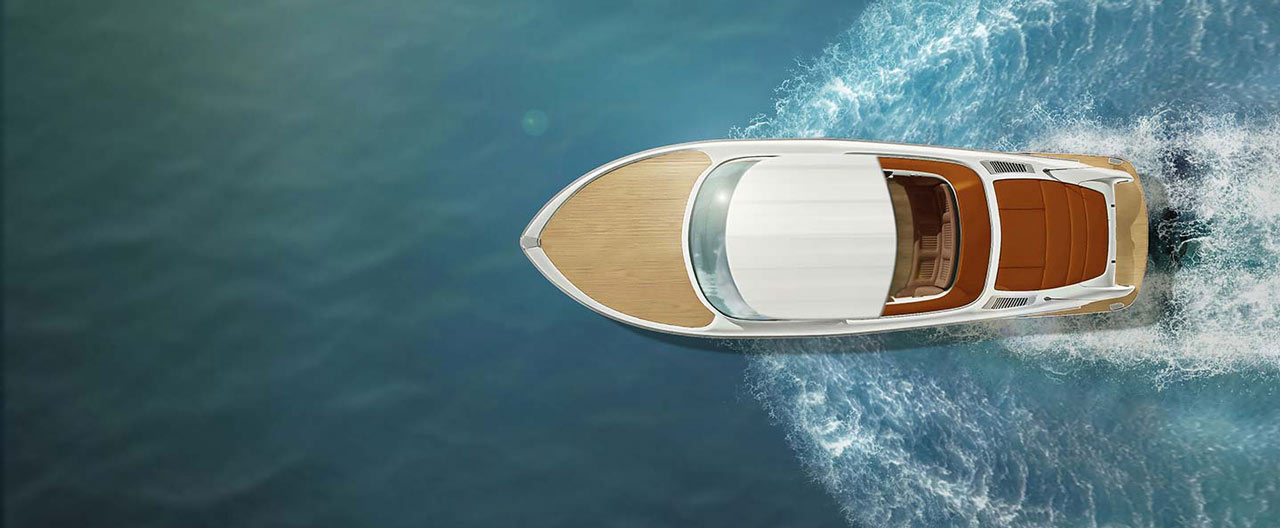- Individuals & Families
- Businesses
- Brokers

With winter on its way out, you may be ready for some spring cleaning.

Make sure you protect your classic cars from damage or additional wear and tear.

Keep your important papers and small valuables away from burglars, fire or natural disaster.
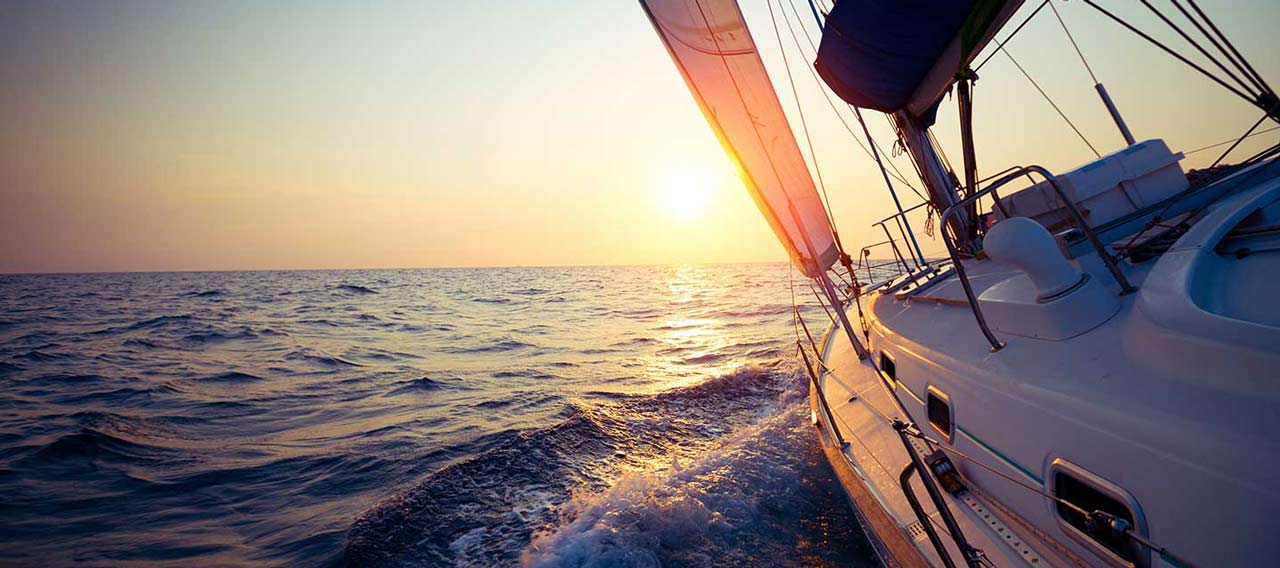
For over a hundred years, we’ve offered unparalleled stability and protection for small boats, yachts, luxury mega-yachts, and more.

Here are some things you can do to assist firefighters and minimize the damage to your home.

At their worst, disputes between professional service firms and their clients can lead to costly lawsuits.
For those of us who grew up, or spent summers, near a lake or other large body of water, being a kid meant time in the water. We fished from a dock, watched fireworks from a pontoon, communed with nature from canoes, and oh, the thrill of getting up on water skis for the first time!
Here are six tips to keep you and your loved ones happy as a clam this summer while boating on inland lakes:
Take a boating safety course and get your Pleasure Craft Operator Card (PCOC). This guidance should apply to anyone driving a boat, young and not-so-young, alike. Operator inexperience and improper lookout are among one of the primary contributing factors in boating accidents. The PCOC is mandatory for anyone operating a pleasure craft with any type of motor. In addition, taking a boating course will provide you with an overview of boating safety rules of operation and help you to boat with more confidence. Check out Transport Canada’s list of accredited boating course providers.
Always wear a life jacket when on or in the water. Same goes for paddleboarders. Wear it correctly and look for proper fit. The majority of drowning victims result from boating accidents were found not be wearing lifejacket. Transport Canada help you find the right lifejacket for you.
Alcohol and boating don’t mix. Alcohol is one the leading known contributing factor in fatal boating accidents. Never use drugs or alcohol before or during boat operation. Best to leave alcohol on shore. The likelihood of experiencing a boating accident doubles when alcohol is a factor, and research has indicated that external conditions like sun and wind can worsen the effects of alcohol.
Know the body of water. Learn and follow boat traffic and navigation rules. Become well versed in boating protocols.
Check the forecast. Remain vigilant; weather can change rapidly in the course of a day.
Have emergency supplies readily available, including a cell phone, fire extinguishers, maps, flares, first aid, and a radio in case you sense a change in the weather.
More details on keeping safe while creating new memories on the water, are typically available from your local yacht club, Transport Canada or DiscoverBoating.ca.
For more information on boating, read our advisory, “Coming Out of Lay-Up.”
Terese Shelledy is a Technical Specialist, Risk Consulting, Chubb Personal Risk Services. Terese has over 30 years industry experience managing risks.
The opinions and positions expressed are the authors’ own and not those of Chubb. The information and/ or data provided herein is for informational purposes only and is not a substitute for professional advice. Insurance coverage is subject to the language of the policies as issued.
Insights and expertise
